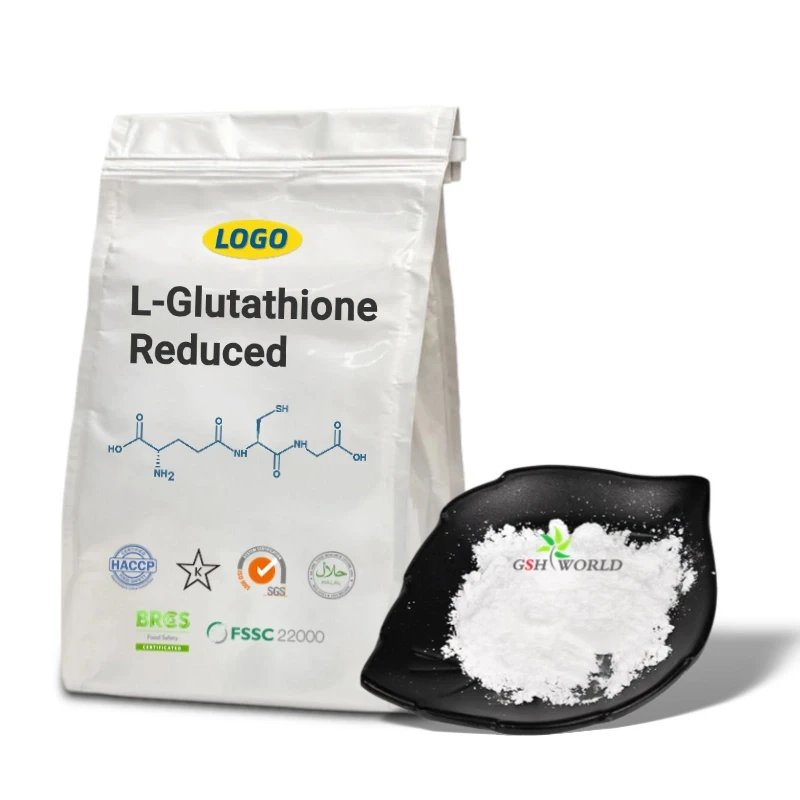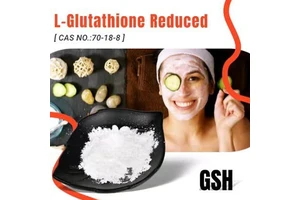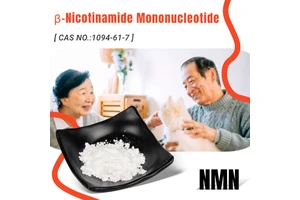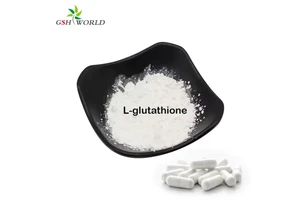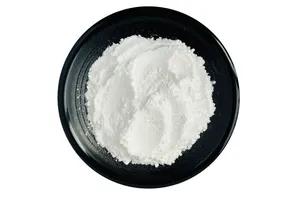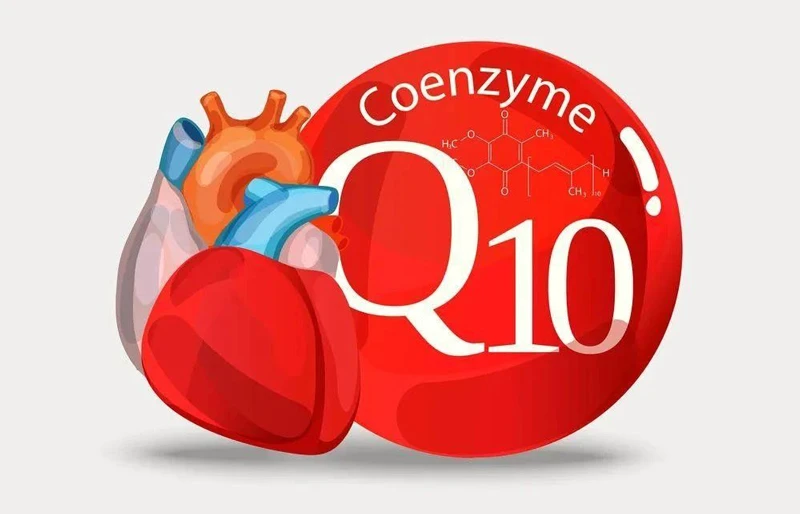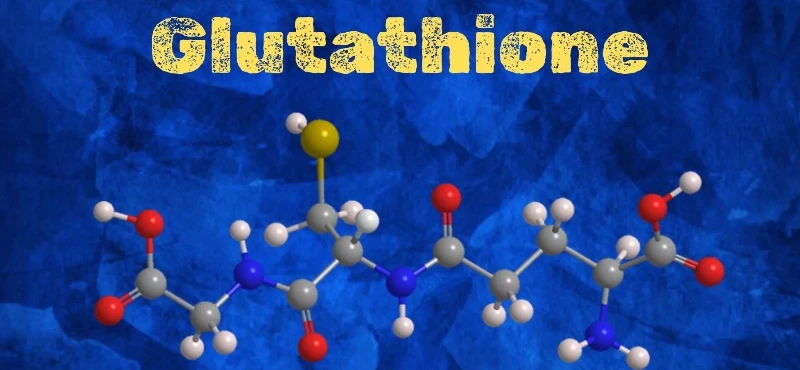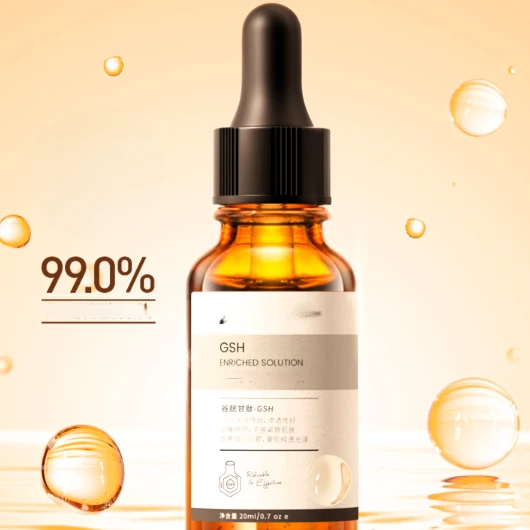Glutathione is a health firewall
When protecting cells to remove harmful substances, glutathione in the human body is constantly consumed, and it needs to be replenished in time to have enough "ammunition" to repel the "invasion" of harmful substances.
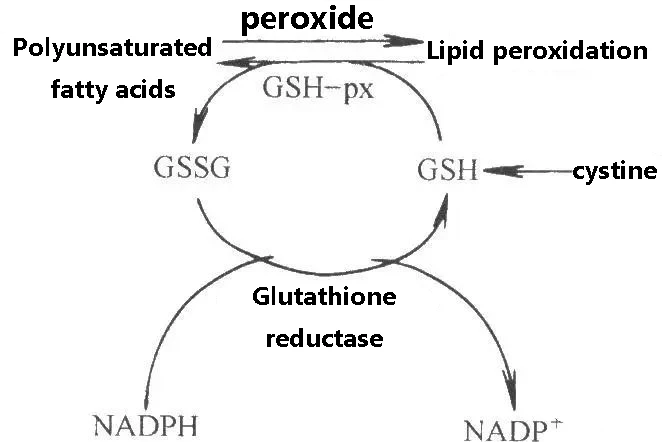
So how do you replace the lost glutathione?
Scientists thought of replenishment from in vitro, but the study found that glutathione supplied by the outside world can not be directly absorbed into the cell, and glutathione can only be synthesized in the cell.
When the scientists were at a loss, they were surprised to find that the precursor of glutathione could enter the cell smoothly and be converted into glutathione inside the cell.
Glutathione precursor drugs have gradually entered the "historical stage", to be precise, such drugs are not mature glutathione, but substances that can constitute glutathione in the body.
The research on glutathione has been further developed.
Studies have confirmed that glutathione drugs have eight major effects, such as detoxification, radiation prevention, liver protection, anti-allergy, skin care, anti-aging, and improving the course and symptoms of some diseases.
For example, in terms of detoxification, glutathione drugs have detoxification effects on acrylonitrile, fluoride, mustard gas, carbon monoxide, heavy metals, organic solvents, arsenic agents (such as Chinese medicine arsenic, realgar, etc.), lead, mercury, sulfur and phosphorus;
In terms of radiation protection, they can resist radiation and resist sunlight, and have a preventive and protective effect on personnel affected by ionizing radiation.
The difference between glutathione and other antioxidants
Glutathione is an endogenous antioxidant that can remove free radicals in human cells and resist the invasion of foreign free radical cells.
Bioflavonoids (such as ganoderma lucidum, propolis, cordyceps, Marine organisms, plant ginseng, plant pollen and beans, etc.), vitamins, beta-carotene, selenium and other exogenous antioxidants.
They also have anti-free radical effects, but the prerequisite for these substances to work is that the glutathione content in the body cannot be less than 40% of the normal value.
In the clinic and in life, glutathione drugs are showing their extraordinary abilities.
Treatment of a variety of diseases, widely used
Liver "band-aid" adjuvant treatment of various types of liver disease
The liver is the most important detoxification organ in human body, and the glutathione rich in it plays a protective role in liver synthesis, detoxification and estrogen inactivation.
When the liver is damaged, such as with various liver diseases, the body will consume a large amount of glutathione to help the injured liver self-repair and detoxification, and the body's glutathione will be reduced.
At this time, supplementation with glutathione drugs can replenish the reduced glutathione in the body, helping the injured liver to repair itself.
Therefore, glutathione drugs are suitable for viral hepatitis (such as hepatitis A, hepatitis B, etc.), alcoholic liver disease, drug liver disease, fatty liver disease and other liver diseases, and are liver protection medicines for liver disease patients.
The enhanced anti-cancer effect is used simultaneously with tumor radiotherapy and chemotherapy
radiotherapy
When cancer patients undergo radiotherapy, other normal cells in the body will also be damaged by radiation, resulting in some complications, including local damage and systemic damage.
Local injuries include radiation dermatitis, radiation esophagitis, radiation pneumonia, radiation osteitis, etc.
Systemic injuries include digestive system reaction and bone marrow suppression.
Glutathione has an anti-radiation effect and can effectively alleviate the damage of other normal cells in the patient's body during radiation therapy.
The results of clinical studies show that glutathione can treat leukopenia caused by radiopharmaceutics or radiation, and improve the inflammation of bone marrow tissue caused by radiation.
chemotherapy
Chemotherapy Because chemotherapy drugs kill tumor cells but also affect the work of normal cells, so there are many adverse reactions.
The headache for medical staff is that many cancer patients can not tolerate these adverse reactions, have to reduce or stop the use of these chemotherapy drugs, which affects the efficacy of drugs, but also reduce the survival time and quality of life of patients.
The timely application of drugs to counter the adverse reactions of chemotherapy drugs is particularly important.
When the tumor itself and chemotherapy drugs act on the human body, oxygen free radicals will be produced, causing peroxidation damage to the human body and damaging the nucleic acid and protein of normal cells.
Studies have shown that glutathione can significantly reduce the peroxidation damage of patients with malignant tumor chemotherapy, increase the content of antioxidant enzymes, improve the antioxidant capacity of the body, and thus reduce the adverse reactions of chemotherapy.
Glutathione can promote the metabolism of the eye tissue and inhibit the instability of the sulfhydryl group of the lens protein.
Glutathione drugs can be used for keratitis, corneal trauma, to prevent the development of cataracts and retinal diseases, to prevent lesions and increase vision.
cataract
A cataract is a clouding of the transparent lens in the front of the eye, causing blurred vision.
Although glutathione has anti-aging and antioxidant effects, it can delay crystal aging and turbidity, and it has a certain theoretical basis for the treatment of cataracts.
But unfortunately, cataracts will get worse with age, and glutathione drugs, as well as drugs such as leucophorin and aminopeptide iodine can not reverse it.
Cataract formation is also associated with excessive ultraviolet radiation, malnutrition, the onset of eye disease, and other causes that are still unknown.
Glutathione treatment of cataract drugs can only help delay the development of cataracts, it is difficult to completely cure cataracts, cataracts or surgical treatment is appropriate.
Sum up
The greatest advantage of glutathione drugs is that they mobilize and utilize the body's own abilities.
It is believed that in the future life, glutathione drugs will be used more widely.


